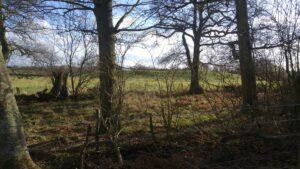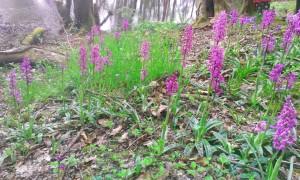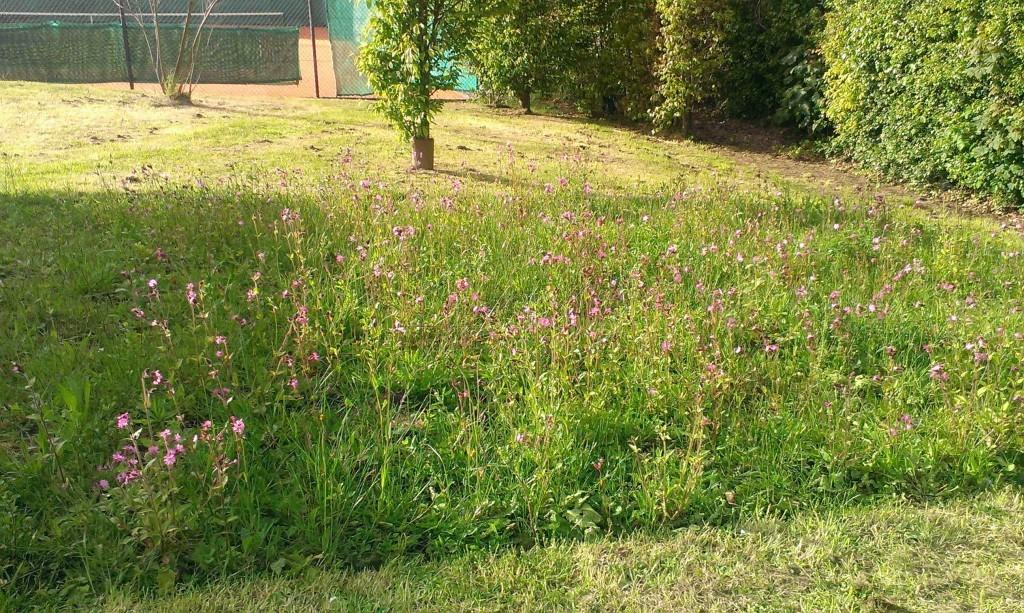Why Nature-Based Solutions in Planning Are a Must Today
Embracing nature-based solutions in planning can significantly mitigate climate change effects. These solutions offer a myriad of benefits, including flood reduction, air quality improvement, noise pollution reduction, and enhancement of agricultural ecosystems.
Flood Mitigation with Nature-Based Solutions in Planning
Floods pose a growing threat due to climate change. Nature-based solutions in planning can play a significant role in managing this challenge. Tree and shrub planting, for example, can slow water flow rates, absorb water, and reduce flash flooding. It’s time to act locally for global impact; small steps such as incorporating more trees into housing schemes can make a significant difference. Water Quality- Nature-based solutions such as tree and shrub, and waterside aquatic planting can help to improve water quality. The role of nature and planting in improved water quality is well-researched and shows how we can improve water quality by filtering pollutants and improving the health of aquatic ecosystems.
Noise Reduction and Agriculture Enhancement: Nature-Based Solutions in Planning
Plantings and nature-based designs can serve as a buffer against noise pollution. In agriculture, nature-based solutions in planning can enhance productivity and efficiency, thereby supporting the carbon, nitrogen, and water cycles.
Landslide Prevention and Biodiversity Conservation
By intelligently managing landscapes, nature-based solutions in planning can also significantly reduce landslide risks. Additionally, these solutions foster biodiversity, aiding in the protection of endangered species and preserving the delicate balance of our ecosystems.
Health and Community Benefits of Nature-Based Solutions in Planning
Mental and physical health can be substantially improved with nature-based solutions in planning. Access to green spaces and views of lush landscapes have a restful, calming effect, proven to aid recovery in medical settings. Moreover, nature-based solutions can create more liveable, sustainable communities, offering residents attractive environment s for relaxation and social interaction.
s for relaxation and social interaction.
- Air Quality – Planting trees helps to provide natural filters and absorb pollutants. Long-term benefits are for the longevity, well-being and health of people. This is especially true for old and young people living close to busy roads and urban areas. Planting a field layer, and a tree canopy layer is effective in trapping pollution. Nature-based solutions can help to trap air pollution particles. Reduction in diseases like asthma would follow the use of more nature-based solutions near busy roads in urban areas.
For expert advice on how to integrate nature-based solutions into your project, reach out to our experience Landvision landscape design and ecology team. Phone us now on 01892 782200. Or you can fill out our contact page now.


